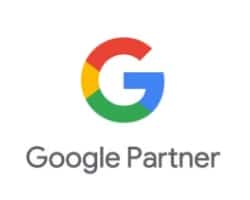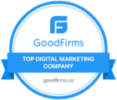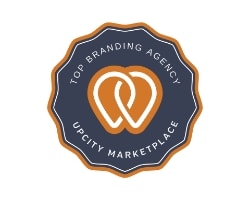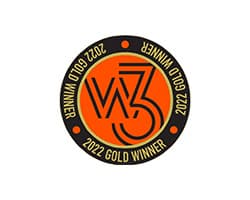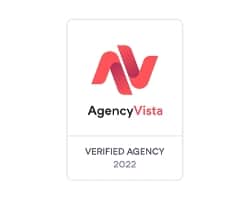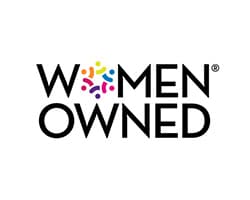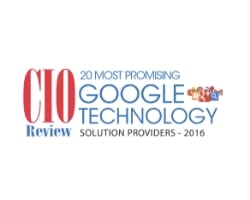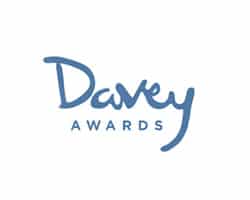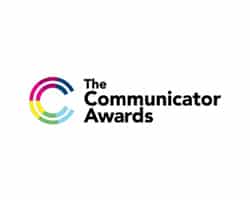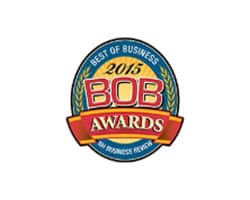Which Social Media Platforms Are Best for Your Business?
The growth of social media has been steady over the past decade, culminating in what can be considered the golden age of social platforms. Almost every aspect of the daily routine has some form of social media connected to it, whether that is tracking your physical activity or discussing the latest trends in your industry.
Currently, the most popular social media platforms for businesses are Facebook, Twitter, and LinkedIn. That is not to say, however, that your company should be on every social media in existence; choosing the best social media platforms for businesses is a key component in devising an effective social strategy.
The following social media platforms each have their primary function when it comes to social media for business. Understanding if one or all are ideal for your business requires aligning your objectives with your social strategy. Where should your company be seen, heard, and engaged with on the social stage?
Facebook is the Reputation Management System
Facebook is the platform that launched social media into the internet powerhouse it is today. With approximately 1.4 billion users not including subsidiaries WhatsApp and Instagram, Facebook remains one of the best ways to promote a brand to the masses. Over 30 million businesses have a Facebook company page, and of those around 1.5 million utilize targeted advertising to promote their products and services to followers and friends of followers. Even business-to-business (B2B) companies are finding that having a Facebook page is similar to having a website; it builds credibility and opens a line of contact between the organization and clients It is also an excellent platform to keep track of the public opinion on your brand, allowing you to optimize and adapt as necessary.
LinkedIn is the Business Network
If you are a B2B company, you have (hopefully) heard of LinkedIn. As the premiere professional networking website, LinkedIn includes personal, company, group, and showcase pages that you can optimize and streamline to effectively build brand awareness and generate valuable leads. LinkedIn attracts decision makers from companies in every industry, making it an invaluable tool. However, unsolicited sales messages are often met with disdain; nurture your contacts along the buyer journey before converting them into leads in order to maintain a positive LinkedIn reputation.
Twitter is the Industry Forum
Twitter was once the platform for energetic early adopters who wanted to update followers on every aspect of their life using only 140 characters. It has greatly evolved since then, now allowing for links, images, video, advertising, chat, and follower lists. Twitter provides businesses with the ability to interact with other thought leaders in their industry and share condensed ideas with their audience. The inclusion of 30 second video has nearly doubled follower engagement, increasing the odds of your clients and contemporaries not only hearing your message, but interacting with it as well. Twitter polls, another recent addition to the platform, is an effective way to gain audience insight regarding recent brand news and overall positioning in the industry. The reach and benefit of this platform is not to be underestimated, and should be leveraged to ensure your business is always in the public eye.
Bottom Line
Attempting to build, maintain, and analyze a presence across every social media platform is a waste of time, money, and marketing resources. Instead, identify your audience and research what the best social media platforms for your business are, then execute a campaign tailored to each one. Your company type serves as an excellent starting point; the next steps are determined by both your marketing goals and your sales objectives.
Want to learn more about social media best practices? Check out our blog, 5 B2B Social Media Advertising Best Practices, or contact Linda Fanaras at Millennium Agency.



